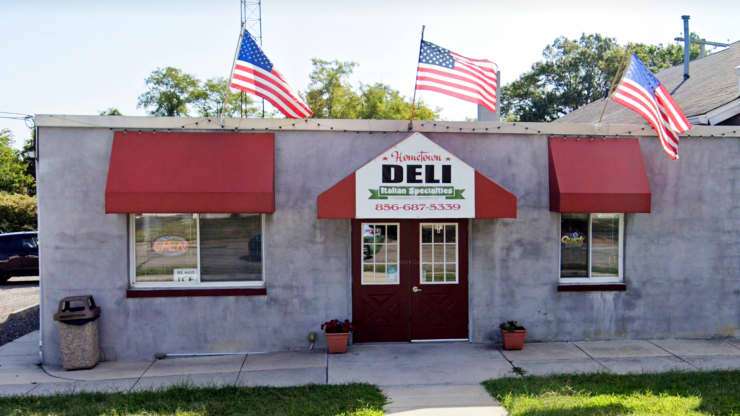How ex-JP Morgan silver trader’s guilty plea could boost manipulation claim against bank
Dawn Giel, Dan Mangan, 13 November 2018
A previously secret guilty plea by a former commodity trader at J. P. Morgan Chase, who admitted that he rigged precious metals markets, has drawn the attention of a lawyer who has already accused traders at the nation’s largest bank of similar conduct.
The lawyer, David Kovel, told CNBC he was struck by how much in common his civil case pending in New York federal court against J. P. Morgan Chase has with the conduct outlined in the ongoing criminal case in Connecticut against John Edmonds.
Edmonds, a 36-year-old Brooklyn resident, pleaded guilty in October to fraudulently manipulating the precious metals markets from 2009 to 2015.
He admitted working with “unnamed co-conspirators” at his former employer, J. P. Morgan, the Justice Department made public Nov. 6, when it unsealed the case in U.S. District Court in Connecticut.
Edmonds’ criminal plea related to “spoofing,” a certain type of improper trading that has been the subject of a broader regulatory crackdown on market manipulation in the decade since the 2008 financial crisis.
So far this year, the Commodity Futures Trading Commission has announced 26 enforcement actions that involved market manipulation, attempted manipulation, false reporting, spoofing or deceptive conduct. That is more than double the number in 2017 — and six times that in 2016.
Prosecutors said Edmonds learned the deceptive strategy “from more senior traders” at the bank, and that he “personally deployed this strategy hundreds of times with the knowledge and consent of his immediate supervisors.” His guilty plea related specifically to trading in silver futures contracts, as well as in gold, platinum and palladium futures.
Nearly four years ago, Kovel sued J. P. Morgan on behalf of a colorful hedge fund operator and big-stakes poker player, Daniel Shak, and two metals traders, Mark Grumet and Thomas Wacker. The civil lawsuit accused J. P. Morgan of manipulating the silver futures market from 2010 through 2011, costing Kovel’s clients $30 million in losses.
Read Full Article
 Three men engaged in a brazen scheme to “surreptitiously hijack” and take over dormant shell companies, whose stock they then fraudulently inflated to dump to unwitting investors, according to charges in an indictment that was unsealed Friday.
Three men engaged in a brazen scheme to “surreptitiously hijack” and take over dormant shell companies, whose stock they then fraudulently inflated to dump to unwitting investors, according to charges in an indictment that was unsealed Friday.
 Shell companies sure make strange bedfellows.
Shell companies sure make strange bedfellows.